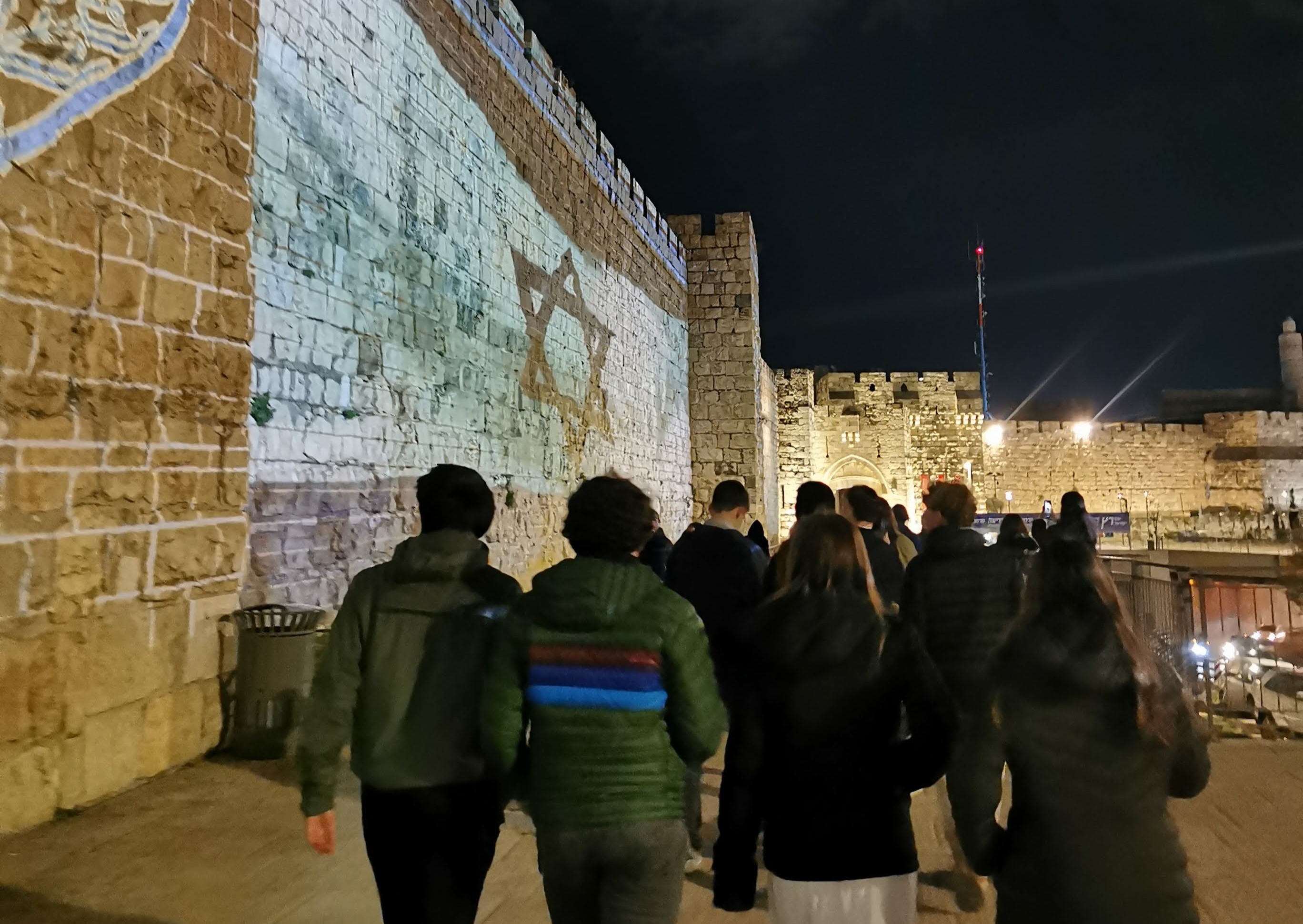Why We Return to Israel

The Ground Shook
Last semester, we were forced to end abruptly. The kids that were so excited to be here found themselves, together with us, frightened, running to bomb shelters, reading the terrifying news which seemed to get worse and worse before our eyes with every minute that elapsed. There were a few brief moments in Israel where many of us suddenly came to terms with the possibility, which seemed impossible on October 6, that we could possibly be overrun here, and Israel would need to fight for its basic existence. I have lived in Israel for a combined, non-consecutive, 25 years, and never before had I experienced something that shook the ground we stand on to the extent that October 7 did.
I found myself, for the first time, looking at the kids that came here to us in Israel and wondering what to tell them as they experienced the shock along with us and the horror of the stories in the news as they unfolded in real time. They asked questions that I asked myself in my heart as well, and that I could not answer. In some ways, it was a bonding experience as the kids saw us not just in our roles as teachers, but as people, as Israelis, many of us as parents of children in the army, or affected directly, grieving and terrified. I saw my own disbelief reflected in their faces, and probably they saw theirs in mine too. I am sure I will never forget those students and the expressions on their faces on October 8.
For three months, after our students returned safely to America, our campus was filled with evacuees from the south where our students used to be, and our school as we knew it felt almost like a place from the past, ghost-like. Some of the teachers came to school anyway, me included, to get a feeling of safety, of routine and familiarity, clutching at anything that might remind us of our world before and give us hope that it all might go back to what it was. Slowly, we have come to terms with the fact that nothing will ever go back to exactly what it was. The events of October 7, still not in the past, were so traumatic that we know we will never be the same again. But that does not mean that we will not be here.
The Work is Not Done
The group of students that arrived this semester symbolizes, for so many of us here at AMHSI, that life here will go on. And, after October 7, in the face of the growing antisemitism in the world, the importance of our mission has become even more apparent.
Ethics of our Fathers tells us that it is not imperative that we finish the work, but we are not free to desist from it (Pirkei Avot 2:16). The work that AMHSI does plants the seeds of love and empathy for Israel and for the Jewish people that our alumni will feel throughout their whole lives, even if at different stages it might wax and wane. No matter where our students end up, they will see themselves as a living part of a history that has gone on for more than three thousand years. We have lived, as a collective, through many traumas, tragedies, losses and sorrows, but we have also continued on and we have thrived and enriched the soil of all the lands where we have been dispersed to as a people. We have built and rebuilt countless times, in the diaspora and in Israel.
It is my hope that this group of students, and all of our students, will go out into the world when they reach adulthood and build bridges with the other nations of the world: that they will make friendships, form meaningful relationships and live productive lives, giving back to the communities in which they find themselves. But I know that after their experience at AMHSI, they will go forth into that world with a stronger sense of who they are as a part of the Jewish people, and I feel pride and gratitude to be a small part of that journey.

